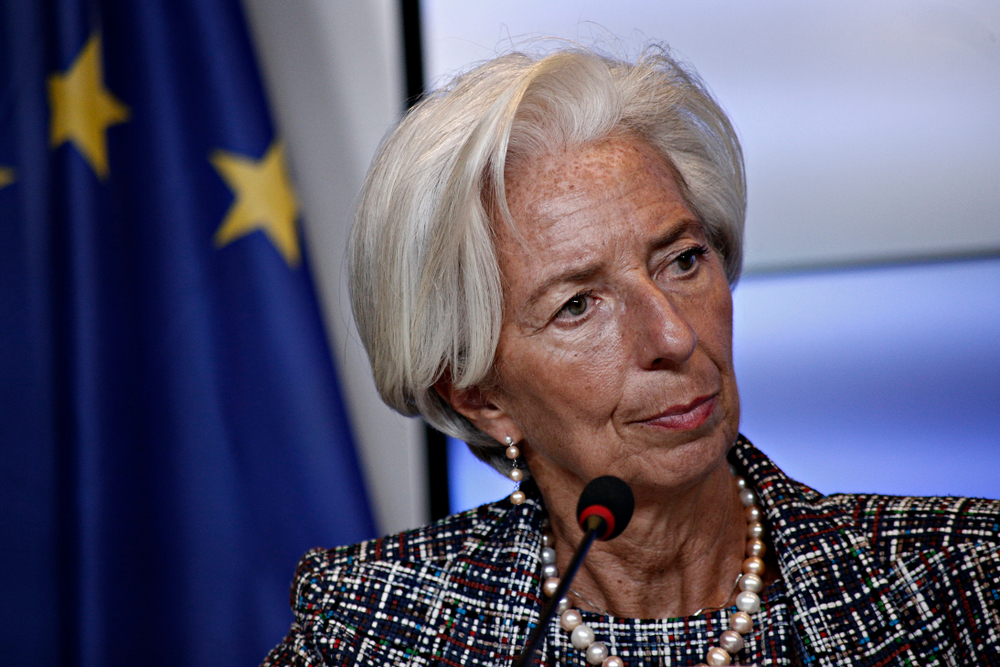On Thursday, the European Central Bank (ECB) emerged unscathed amidst growing fears of a financial crisis. ECB President Christine Lagarde managed to strike a balance between being tough on inflation while acknowledging the need for caution amid rising financial stability risks.
Lagarde’s adept handling of the situation was demonstrated by the fact that the euro, Eurozone bond yields, and bank stocks did not react violently, which was a success for a president who has had a history of gaffes.
Bank stocks rose across the board as reports emerged that major banks, including JPMorgan, were planning coordinated support for First Republic Bank, which many have identified as the next domino to fall after the collapse of other institutions. Although the bank had raised its official rates, it dropped warnings about further rate hikes and emphasized that economic data would dictate its decisions due to the high level of uncertainty created by recent market volatility.
The ECB’s new inflation forecasts were also lower than expected, which could make it easier for the bank to loosen its monetary policy if financial market tensions remain elevated. Throughout the press conference, Lagarde refuted claims that the ECB would cut rates as soon as market volatility rose, stressing that there was no trade-off between price stability and financial stability.
With the Swiss National Bank providing Credit Suisse with a $54 billion lifeline and hints of broader action to contain the budding crisis in the U.S., the markets were in no mood to test the ECB’s commitment.
Despite this, the next steps in fighting inflation will be much harder than the steps taken so far, given that every additional rate hike increases the risk of breaking something as interest rates are now in restrictive territory.







